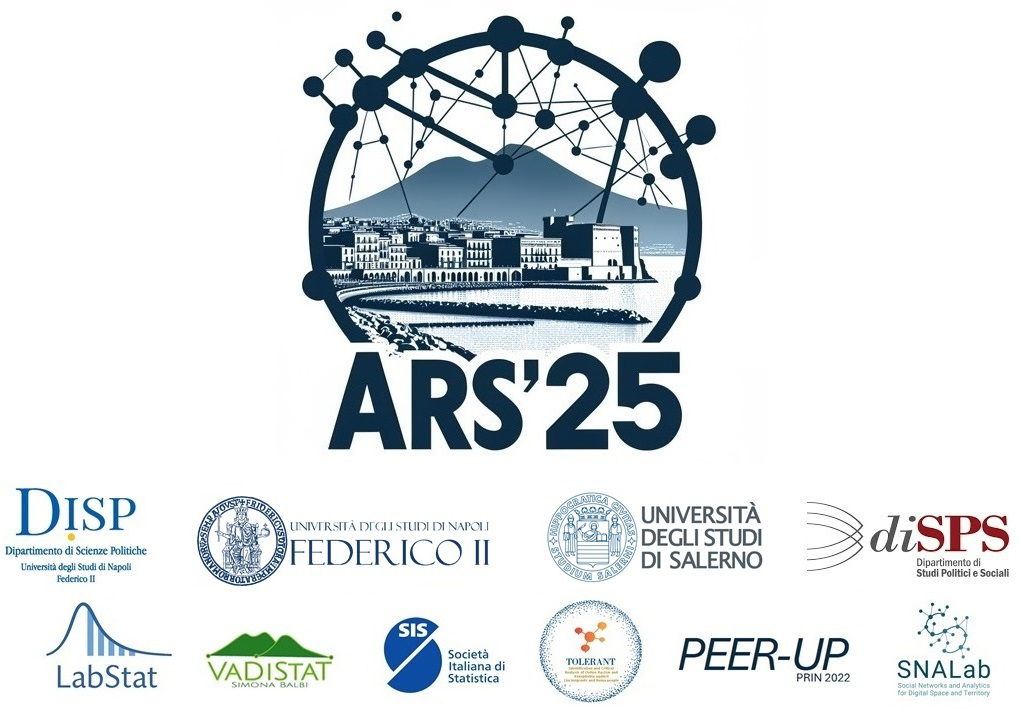Speaker
Description
Population ageing poses significant challenges for societies, particularly in the provision of services and support for older adults. While formal services such as home care and volunteering help meet some of their needs, informal social support, provided by relatives, friends, and neighbours, are equally important. In 2020 during the COVID-19 pandemic, 7.8% of elderly individuals in Slovenia reported having no informal social support, which was a sharp increase from 2000, when less than 1% of respondents reported lacking any informal support. Research has shown that certain types of informal support networks (especially, but not limited to, those with very low number of social supporters) are less effective, especially in times of crisis, such as the COVID-19 pandemic. In 2020, overall, 42% of respondents were categorized as socially vulnerable from the perspective of social support network types.
This presentation explores changes in social support networks five years after the pandemic. Using clustering of symbolic data, we identified distinct network types based on the number and characteristics of support providers (such as relationship type, spatial proximity, and frequency of contact) across emotional, instrumental, and socializing dimensions. Findings show a partial recovery: the proportion of elderly individuals without any social support dropped to 4.4% in 2025, and the share of those with vulnerable network types decreased to 37%. These results illustrate the gradual recovery of informal social support, while also pointing to areas where older adults remain at risk of social isolation (especially men, those with lower education and income, and those from rural area).
Keywords/Topics
social support, elderly, post-COVID-19 pandemic, clustering of symbolic data

